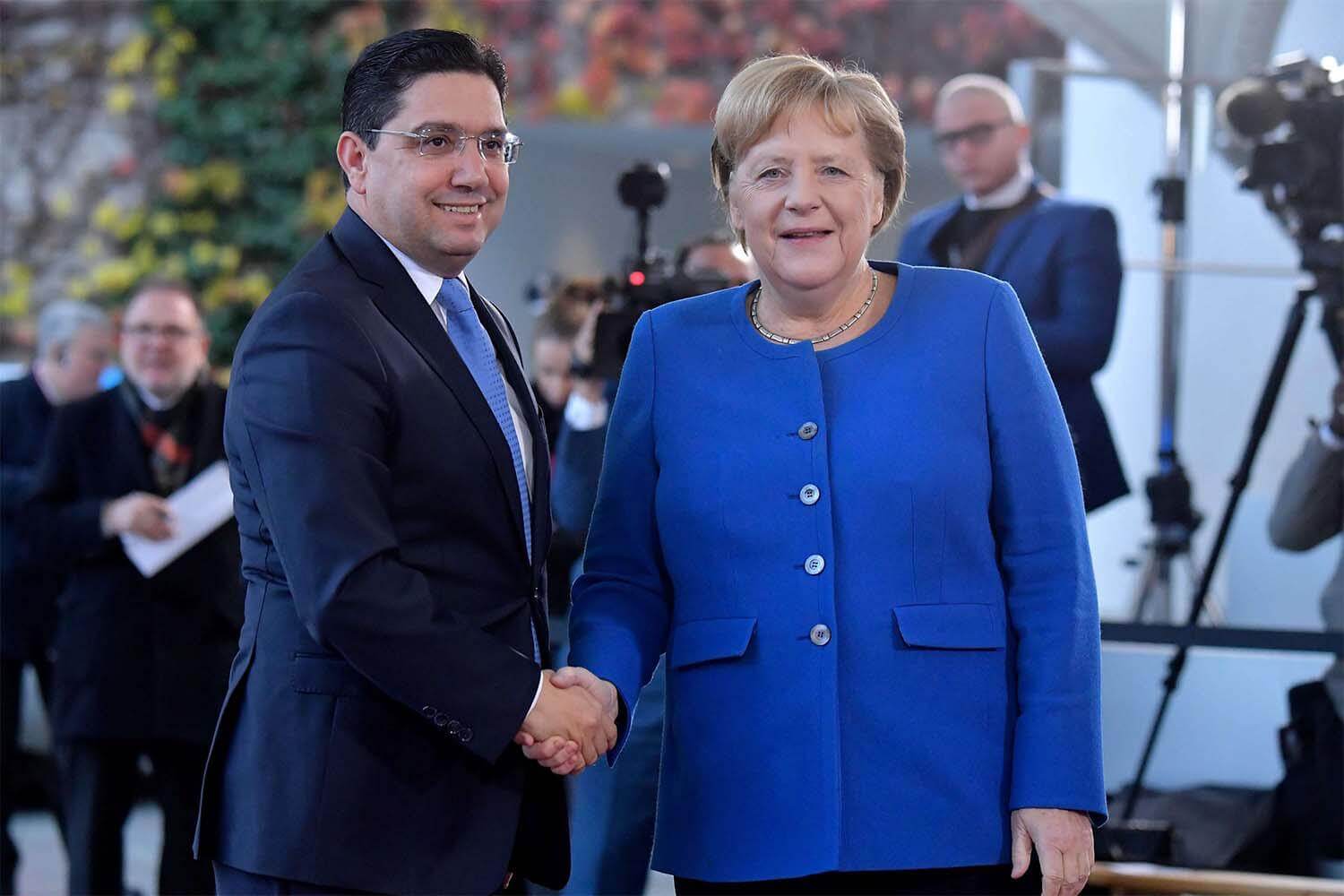Morocco has expressed willingness to resume bilateral cooperation and normalise relations with Germany following the “positive statements and constructive stances” expressed by the new German government regarding the disputed Western Sahara region.
Last week, the German government, led by Chancellor Olaf Scholz, said that Rabat’s plan for autonomy over Western Sahara represents an “important contribution” towards peace. It also noted that Morocco “plays an important role in the stability and sustainable development of the region.”
In response, Morocco’s foreign ministry said that the comments could enable the resumption of diplomatic representations and “mark a new beginning in the relationship based on clarity and mutual respect.” It also called on Berlin to back its statements with “actions to reflect a new state of mind.”
🔴The Kingdom of Morocco welcomes the positive statements and constructive stances recently expressed by the new Federal Government of Germany. pic.twitter.com/dkP3ECDtZe
— Moroccan Diplomacy 🇲🇦 (@Marocdiplo_EN) December 22, 2021
Tensions erupted in March when Morocco decided to suspend “all contact” with the German embassy in Rabat over Berlin’s criticism of Washington’s decision to recognise Morocco’s sovereignty over Western Sahara, a region also claimed by the Polisario Front movement.
In December 2020, ex-US President Donald Trump recognised Morocco’s claim over Western Sahara in return for its recognition of Israel. Since then, the European Union (EU) has called on the US to reverse its stance. Berlin has also been very vocal about its criticism of the US’ decision and urged Washington not to take unilateral decisions and to “act within the framework of international law,” which recognises Western Sahara’s right to self-determination.
In May, Morocco recalled its ambassador to Berlin over what it described as Germany’s “antagonistic activism” regarding the disputed region. It also accused German authorities of acting with “complicity towards an individual formerly convicted of acts of terror,” a reference to Mohammed Hajib, a Moroccan activist who lives in Germany. Morocco has accused Hajib of terrorism and supporting radical Islamist groups.
Additionally, Morocco expressed disappointment for its exclusion from several events in Germany aimed at resolving the crisis in Libya, accusing the European country of “a continued determination to counter Morocco’s regional influence.”
Morocco has been pushing the EU to recognise its sovereignty over Western Sahara since the US’ decision. Last month, Moroccan King Mohammed VI said that the region “will never be up for negotiation” and Morocco would not agree to “any economic or commercial step that excludes the Moroccan Sahara.”

After colonial power Spain withdrew from North Africa in 1975, Morocco claimed virtually 80% of Western Sahara. The remaining area was taken over by the Sahrawi people, whose national liberation movement is known as the Polisario Front. They seek to establish an independent Sahrawi Arab Democratic Republic (SADR), which Morocco has refused to accept, leading to a 16-year war between the Polisario Front and Morocco.
A United Nations (UN)-brokered ceasefire was established in 1991, with a path towards a referendum on the region’s future. However, this vote was never set up, leaving the concerns of both sides unaddressed. While Morocco has offered to provide autonomy to the SADR, this deal has been rejected by the Sahrawis, who wish to attain full sovereignty.
In November 2020, a month before Trump’s recognition of Moroccan sovereignty, the Polisario Front broke the 30-year-old ceasefire by declaring war on Morocco. Since then, both sides have attacked each other, leading to fears of a new battle over Western Sahara.

